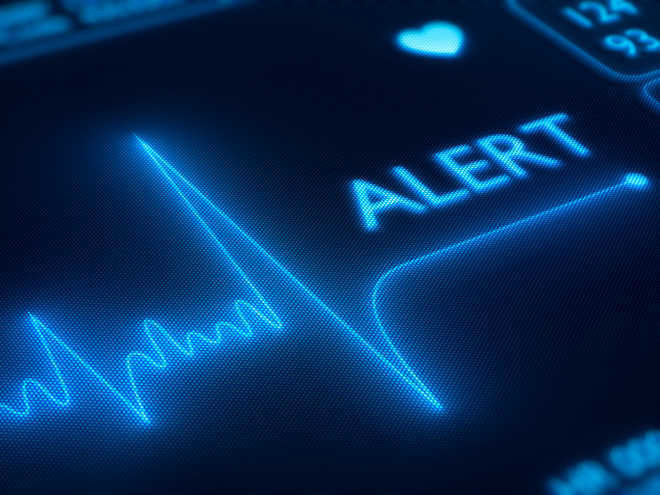
Importantly, healthy people might also be at risk.
NEW YORK: If you have been hit by the winter cold and are thinking about taking medicines that relieve your aches, pains and congestion, be careful. Those may also put your heart at risk, the American Heart Association has warned.
A study has showed that both decongestants and non-steroidal anti-inflammatories (NSAIDs), found in many cold medicines, were listed as medications that could increase blood pressure.
People who used NSAIDs while sick were more than three times as likely to have a heart attack within a week compared with the same time period about a year earlier when participants were neither sick nor taking an NSAID.
“People with uncontrolled high blood pressure or heart disease should avoid taking oral decongestants. And for the general population or someone with low cardiovascular risk, they should use them with the guidance of a health care provider,” said Sondra DePalma, from the University of Pittsburgh in the US.
Decongestants like pseudoephedrine or phenylephrine constrict blood vessels. They allow less fluid into your sinuses, “which dries you up”, said Erin Michos, associate director of preventive cardiology at the Johns Hopkins Univerity’s Ciccarone Center in Baltimore.
The biggest concerns are for people who have had a heart attack or stroke, or have heart failure or uncontrolled high blood pressure, Michos said, in the paper published in the Journal of Infectious Diseases.
Importantly, healthy people might also be at risk.
For the study, researchers looked at nearly 10,000 people with respiratory infections who were hospitalised for heart attacks.
Participants were 72 years old on average at the time of their heart attacks and many had cardiovascular risk factors, such as diabetes and high blood pressure.
People who are sick should use both classes of medications—decongestants and NSAIDs—judiciously and understand the potential side effects.
In addition, decongestants should not be taken longer than seven days before consulting with a healthcare provider, DePalma said.
One should also rest and drink plenty of fluids if symptoms are mild or moderate, DePalma noted. — IANS



























